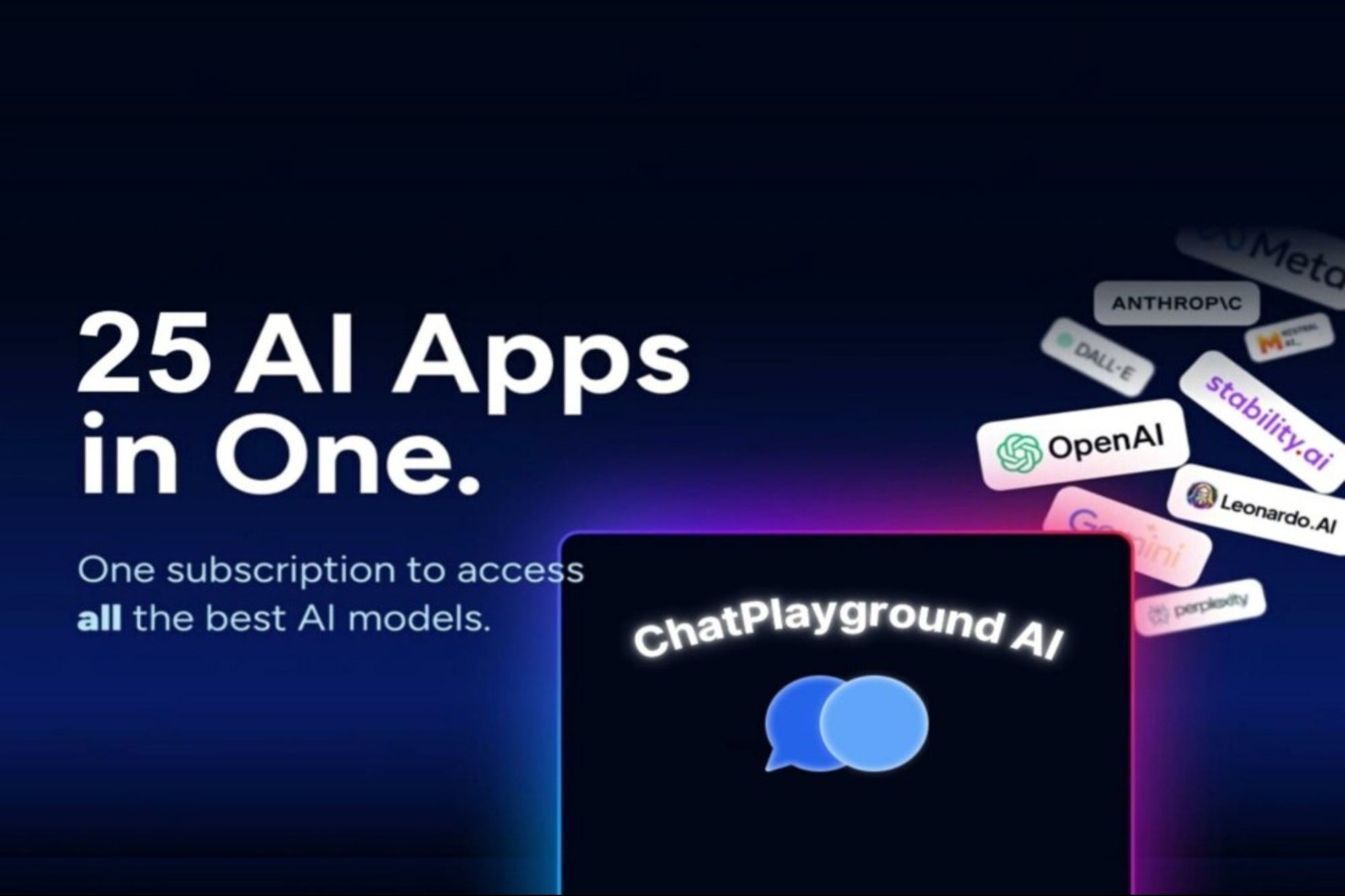These days, more businesses than ever are using QR codes to connect with customers and distribute valuable information.
Still, whether you want to make a QR code for your business or personal reasons, you must know where to start and what tools to use. That’s what this guide is for.
Below, you’ll find a step-by-step breakdown of how to make a QR code and some situations where you may need to use a QR code.
How do you make a personal QR code?
Occasionally, you might want to whip up a QR code for a personal project, sharing information with your friends or for fun social events like parties. In these instances, you can make QR codes using free-to-download tools and a few basic steps.
1. Download a free QR code generator
Since your personal QR code doesn’t need a lot of extra controls, you can easily find and download a free QR code generator. There are QR code generators for iPhone and Android devices.
Either way, your mobile app will quickly make QR codes without attaching any analytics code or data (since you won’t need it). Most downloads take only a few minutes to complete at most.
2. Pick the QR data format
Your next step is to pick the data format. The majority of free QR code generators offer several different format options, including:
The format options describe what kind of data is provided to the user who scans the QR code. Once the QR code is scanned, the device will launch whatever applicable program is needed.
As an example, if you set up your free QR code with a phone number, scanning it will cause a person’s phone to open up the dialer on their mobile device and enter the phone number automatically.
3. Enter your data
At this step, you need to enter the relevant data into the fields of your QR code generator. For instance, if you enter a website or landing page URL, you must spell out the website.
Try to keep any data or text under 300 characters, as older phones have trouble with QR codes that have more than 300 characters long (digits or text).
4. Change the QR code color
Many free QR code generators enable you to change the color of your resulting code image.
Most QR codes are black-and-white, but nothing says they must be this simplistic. You can change your QR code color to green, red, blue or something else entirely.
Depending on the QR code generator you pick, this setting could be under a button like Options, Color or something else. Note that some QR code generators also let you change the size of the code image (i.e., the square that makes up a QR code a scannable object).
5. Start sharing your QR code
You’ve created a QR code for friends and family members. Virtually every free QR code generator lets you download your code in PNG format, meaning you can add it to a document, a personal website and an email signature.
You can share your QR codes wherever you like.
Related: Create QR Codes to Better Engage with Your Customers
How do you make a QR code for business?
In other cases, you may need to make a QR code for your business. QR codes for companies have to be more customized and comprehensive — that often means you need to pay for a QR code generator.
These basic barcodes are great for business cards, social media engagement and quick responses to questions or feedback requests.
1. Find and buy a good QR code generator
Since business QR codes need to work very consistently and, in many cases, track user data for analytics purposes, odds are you’ll need to find and purchase a high-quality QR code generator app. Fortunately, these are usually only a couple of bucks on most app stores.
Find a QR code generator that offers the services you need, like data tracking and code updating and exchanging.
Many QR code companies provide different services at different price points or tiers. Do your research, and be sure to download a QR code generator that has excellent reviews.
Most paid static QR code makers, like templates and real-time data collection, have extra functionality. Just ensure your chosen maker creates codes for your users — your user base might only scan QR codes of a particular type.
2. Design a custom QR code
Once you’ve downloaded the QR code generator for your needs, design your new code using the generator’s built-in tools. Most QR code generators that cost money allow you to customize your QR codes.
Customization options include:
- Unique styles and shapes for your code.
- Logo embedding.
- Color and size changing.
You can use these tools to make your QR code image stand out from the competition. This can be a helpful form of passive advertising on SMS and other use cases.
3. Create codes for your QR needs
Next, you’ll want to create the embedded codes that link to your business materials or web pages.
For instance, you can link QR codes to coupons, take users to store or product pages and take users to restaurant menus. Create the codes and enter the text as needed, described in the step-by-step tutorial above.
Again, try to keep any text or digits under 300 characters long. That way, even individuals with older phones can easily download and use your business’s QR codes using a QR code reader on iOS or Android phones.
4. Deploy business QR codes
Now it’s time to deploy your business QR codes as needed. Once you have created enough QR codes, you can leverage them as marketing materials in your next campaign. Put them in print ads, online ads, websites, billboards and even product packaging.
5. Track your QR code campaign
As your QR codes are scanned and used, you should be able to track users who engage with them.
For instance, you can see which QR codes your users use most often and which codes perform the best. All of that info can be invaluable for fine-tuning a marketing campaign.
Related: How Dynamic QR Codes Became an Essential Tool for Every Business Out There
When might you need to make a QR code?
You may need to make a QR code in many instances. QR codes are handy data packets that instantly transmit or unlock information for a viewer, customer or prospect.
Here are a few examples of when you need to know how to make a QR code.
Restaurant menus
Restaurant menus are excellent examples of information customers can use with QR codes. Many restaurants these days have done away with paper or plastic menus entirely (they had to do so during the COVID-19 pandemic and many simply kept up with the QR code trend).
Restaurants can put QR codes on tables for their diners. Diners can then take out their phones, use the camera app as a QR code scanner and have digital menus pop up in the palms of their hands.
This speeds up service, as servers don’t have to bring menus back and forth, and gives patrons total control over when they browse the menus.
For example, if a diner finishes a meal and wants dessert, they don’t have to ask a server for a menu if they already have a handy QR code on their table.
Customer FAQ forms
Online and retail customers often have questions about products, services and company policies like shipping. Customer FAQ forms and pages can be linked to QR codes on products, retail windows and shelves.
This type of customer self-service is highly beneficial and very valuable. Indeed, many modern customers prefer self-service solutions and options compared to having to ask a salesperson or some other staff member.
Customer feedback forms
Whether you run a restaurant, retail store or some other brick-and-mortar enterprise, you’ll want customer feedback.
Fortunately, you can connect QR codes to your brand’s Google Reviews page. This is a quick and easy way to inspire customers to leave a brief review of your service or business when they might otherwise walk out of your store without doing so.
You’ll want to cultivate as many positive reviews as possible in the earliest days of your business’s lifespan.
By positioning customer reviews and feedback QR codes within eyesight or easy reach, you’ll improve the chances that satisfied customers will leave you a brief Google review.
You can do the same for restaurants by linking a QR code to your business’s Yelp or Google Review page.
In any case, making it easy for your customers to leave feedback maximizes the feedback you receive. Then you can use that feedback to improve your business in various ways.
Nonprofit awareness or charity donations
Do you run a nonprofit organization, like a charity or foundation? In these cases, QR codes can be highly beneficial tools.
For example, you can set up QR codes on pamphlets or brochures, enabling guests and potential donors to read about your nonprofit organization. QR codes can link to “About Us” pages and FAQ pages. This is invaluable for spreading awareness about your organization and its goals.
You can also set up QR codes on tables at galas, conferences and other social events. The significant benefit of QR codes is the ability to make information readily available to everyone who attends.
Plus, people don’t have to put another paper or pamphlet in their purses or pockets with QR codes; they only have to scan them with their phones.
Event sign-ups or registration
Lastly, you can and should use QR codes for event sign-ups and registration forms. Getting people to sign up using their phones is much easier than handing out papers with pens or pencils.
With an event sign-up QR code, individuals interested in attending an event can simply scan the code, fill in their information and get a ticket or registration information sent to their email addresses.
QR code event registration and sign-up is quick, easy and much faster for event organizers to track.
Placing these QR codes strategically is vital, of course. Set up event sign-up QR codes on desks, chairs, tables, pamphlets or other paper products you plan to use and distribute to attendees.
Related: How Menu QR Codes Became an Essential Tool for Every Restaurant and Bar
Make a QR code today
Now you know how to make a QR code and when you might need to deploy it. Use these steps to create a QR code for your business or personal needs quickly and easily.
Check out Entrepreneur’s other articles for more information about business technology and other financial topics.














